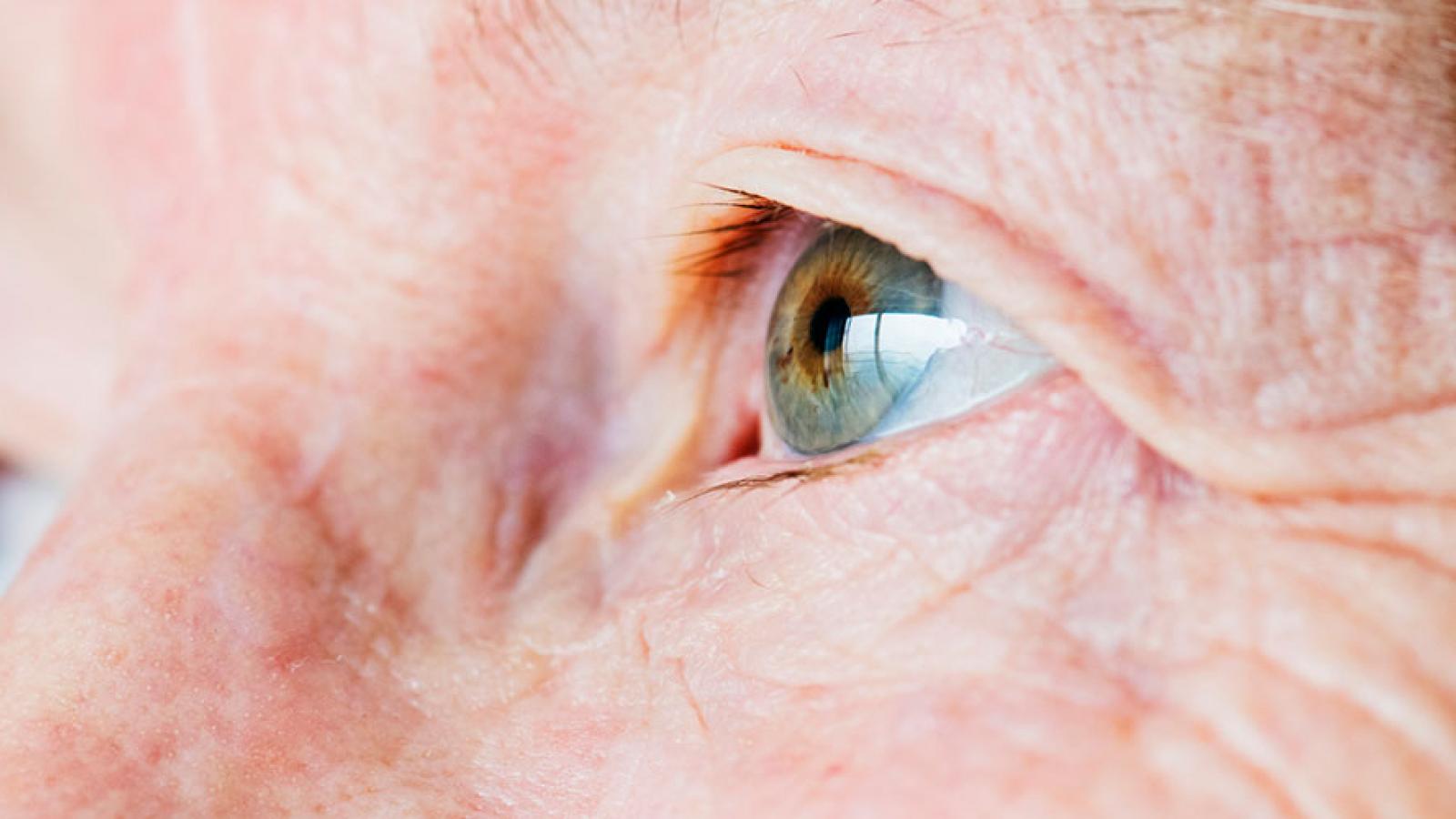What is Macular Degeneration?
The retina is the thin layer of tissue on the inside back wall of your eye. The center portion of the retina is called the macula.
Macular degeneration occurs when the macula wears down. Age-related macular degeneration gets worse over time.
Types of Macular Degeneration and Their Symptoms
Dry macular degeneration
Dry macular degeneration is caused by a build-up of deposits in the macula. Its symptoms usually develop slowly and include:
- Visual distortions (for example, straight lines look bent)
- Dark spots in the center of your vision, in one or both eyes
- Difficulty seeing close up in dim light
- Difficulty recognizing faces
Dry macular degeneration can progress to wet macular degeneration.
Wet macular degeneration
Wet macular degeneration occurs when blood vessels leak fluid or blood into the macula. Its symptoms are similar to the dry form, although they can appear more suddenly.
Risk Factors for Macular Degeneration
Factors that may increase your risk for macular degeneration include:
- Being over 50
- Family history of macular degeneration
- Being Caucasian (white)
- Smoking
- Obesity
- Cardiovascular disease
Diagnosing Macular Degeneration
Your eye doctor will conduct a complete eye exam and may do tests, including:
- Dilated eye exam to examine the back of your eye
- Amsler grid test -- if you have macular degeneration, straight lines on the grid may look faded, broken or distorted
- Ophthalmic diagnostic testing such as fluorescein angiography, indocyanine green angiography or optical coherence tomography. Learn more here.
Treating Macular Degeneration
Guthrie’s retina specialists treat macular degeneration with advanced options such as laser treatment and surgery. Learn more here.
Make an appointment by calling 800-4-SIGHT-2 (800-474-4482).
Guthrie’s retina specialists diagnose and treat diseases such as uveitis, retinal tears and retinal detachments, and macular conditions.


